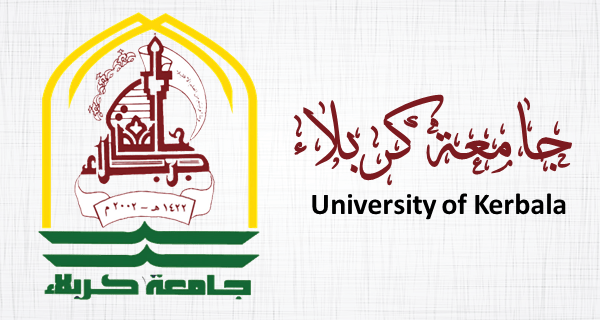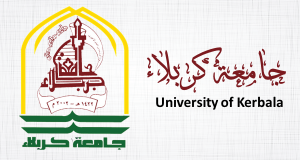Mohanad Abudalmir.Khudair
: Kerbala College of Law
Iraq, a nation with a rich history and diverse culture, has met big challenges in recent decades, including political instability, armed wars, and economic difficulties. However, new technologies like Artificial Intelligence (AI) offer a shine of chance by giving exclusive opportunities to address critical issues and increase speed of sustainable development in Iraq. This article will explore the possible benefits of AI Applications in many fields, such as agriculture, healthcare, and energy, and how they can aid to the overall progress and sustainability of Iraq.
AI in Agriculture:
Agriculture is a cornerstone of Iraq’s economy, but it faces numerous challenges, including water scarcity, inefficient farming practices, and inadequate infrastructure. AI can revolutionize agriculture in Iraq by introducing precision farming techniques. AI-powered sensors and data analytics can monitor soil conditions, water usage, and crop health, enabling farmers to optimize irrigation schedules and reduce water wastage. Moreover, AI algorithms can predict weather patterns and pest outbreaks, helping farmers make informed decisions about crop planting and pest control, ultimately increasing agricultural productivity and minimizing losses.
AI in Healthcare:
The healthcare field in Iraq meets big challenges in terms of access to good medical services, especially in non-urban areas. AI can link this gap by producing tele-medicine solutions and AI-powered diagnosis tools. Tele-medicine allows distant consultation and monitoring of patients, allowing reach to healthcare skill from everywhere in Iraq. AI algorithms can analyze medical data, including radiological images and patient records, to provide true and timely opinions, improving treatment outcomes and saving lives. Additionally, AI can help in managing healthcare resources more usefully, optimizing hospital operations, and ensuring better allocation of medical supplies.
AI in Education:
Education is essential for the durable sustainability of any nation. AI technologies can improve the quality of education in Iraq by offering personalized learning experiences. AI-powered adaptive learning platforms can assess students’ strengths and weaknesses and tailor educational content to meet their specific needs. Additionally, AI chatbots can offer round-the-clock support to students, answering their queries and providing learning assistance. Integrating AI into education can help bridge educational disparities and create a more skilled and competent workforce for Iraq’s future.
AI in Energy Management:
Effective energy management is crucial for maintainable development. AI can play a major role in optimizing energy consumption and lowering waste. Smart grids, powered by AI algorithms, can observer energy use patterns, predict peak demand, and adjust energy distribution consequently, leading to better energy efficiency. Also, AI-driven applications can optimize energy spending in industries and constructions, decreasing carbon emissions and promoting environmentally friendly practices.
AI in Disaster Management:
Iraq is disposed to several natural and human-made disasters, such as earthquakes, floods, and conflicts. AI technologies can improve disaster controlling and response efforts by analyzing data from multiple sources, including satellite imagery and social media. AI can provide real-time information about disaster situations, help in resource allocation, and facilitate timely evacuations. Moreover, AI-powered predictive models can assess the likelihood of potential disasters, enabling proactive measures to minimize their impact and save lives.
The ability of AI technologies to speed up and sustain development in Iraq is great. From revolutionizing agriculture and healthcare to improving education and energy management, AI can adopt critical challenges faced by the nation. However, it is necessary to consider potential ethical, privacy, and security fears while deploying AI solutions. Collaborative efforts between government, private sector, and civil society are essential to use the full ability of AI for the benefit of Iraq and its people. By embracing AI responsibly and innovatively, Iraq can pave the way for a more prosperous and sustainable future.





























































